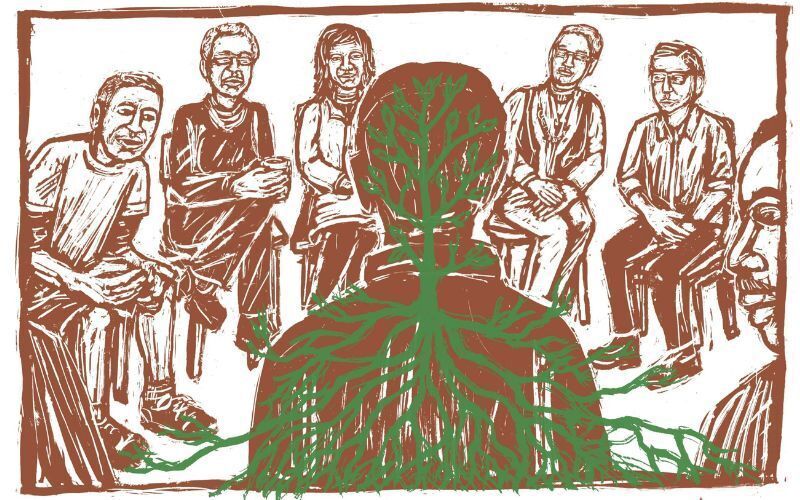The most common way people give up their power is by thinking they don’t have any.
~Alice Walker
Restorative justice practices are being implemented in various cities across the United States. While the extent and specific programs may vary, here are a few examples of cities that have incorporated restorative justice practices:
- Oakland, California: Restorative Justice for Oakland Youth (RJOY): RJOY is a renowned organization in Oakland that works to implement restorative justice practices in schools and the juvenile justice system. They provide training, resources, and support to schools and community organizations in implementing restorative practices, such as circles, mediation, and restorative conferences.
- Denver, Colorado: Denver Restorative Justice: The city of Denver has a Restorative Justice program that focuses on diversion and alternative resolutions for low- level offenses. They offer restorative justice options to both adults and juveniles, allowing individuals to take responsibility for their actions, repair harm, and engage in community-based solutions.
- Burlington, Vermont: Burlington Community Justice Center: The Burlington Community Justice Center operates a restorative justice program that provides alternatives to the traditional criminal justice process. They offer restorative options for adult and youth offenders, including victim-offender dialogues, circles, and community conferencing.
- Seattle, Washington: Community Accountability Boards: Seattle has implemented Community Accountability Boards as part of their restorative justice initiatives. These boards consist of community members who meet with offenders and address low-level crimes through dialogue, accountability, and problem-solving. The boards work towards repairing harm, supporting offender rehabilitation, and preventing future offenses.
- San Francisco, California Neighborhood Courts: San Francisco has established Neighborhood Courts that aim to resolve nonviolent offenses through community-based restorative justice practices. These courts involve trained community volunteers who facilitate dialogue between offenders and victims, with an emphasis on repairing harm, promoting understanding, and providing alternatives to traditional court processes.
- Minneapolis, Minnesota: Community Healing and Restorative Practices: Minneapolis has been exploring and implementing various restorative justice practices as part of their community healing initiatives. These include restorative circles, healing circles, and community dialogues aimed at addressing historical trauma, racial disparities, and promoting healing and reconciliation.
- Las Vegas, Nevada: Clark County Youth Restorative Program (formerly Trial by Peers): The Clark County Law Foundation’s Youth Restorative Program (YRP) provides a resource to schools with an alternative to conventional disciplinary policies. YRP addresses student infractions in a manner that focuses on repairing the harm caused by an offense and community participation in disciplinary procedures.
It's important to note that restorative justice practices can be implemented at different levels, such as within the criminal justice system, schools, community organizations, or grassroots initiatives. The specific programs and approaches may vary within each city, reflecting the unique needs and priorities of the local community.

